The gut microbiome is a buzzy topic these days and an emerging area of research that has even been called the “next frontier of medicine!” Fascinating information regarding the interconnectedness between our overall health and the health of our gut microbiome has been discovered in recent years, but there is much we still don’t understand regarding the complexities of the microbiome. The term “gut microbiome” refers to the microorganisms, including bacteria, yeast, viruses and fungi, that inhabit our gastrointestinal tract. It is estimated that over 2 million genes of bacteria from 300 to 1000 bacterial species live in the human GI tract! These bugs not only help to control our digestion but research also suggests that they also play a role in heart and brain health, blood sugar regulation, mood and more.
Prebiotics and probiotics are essential for maintaining the health and integrity of the gut microbiome. Prebiotics promote the growth and proliferation of beneficial bacteria in the digestive system while probiotics are live microorganisms that create a health benefit for the host when they are present in sufficient amounts. Unlike probiotics, which are live organisms, prebiotics are components of food that are not otherwise easily digested by humans. These food components essentially feed the beneficial bacteria in the gut.
Prebiotics are a special form of non-digestible dietary fiber found in certain foods. They are defined as, “a selectively fermented ingredient that allows specific changes, both in the composition of and/or activity in the gastrointestinal microflora that improves the well-being and health of the host.” In order for a fiber to be considered a prebiotic, it needs to be resistant to the acidic pH of the stomach. Prebiotics cannot be broken down by mammalian enzymes and are not absorbed in the gastrointestinal tract.  Furthermore, a prebiotic is able to be fermented by intestinal bacteria which in turn stimulates the growth and activity of beneficial intestinal bacteria. Prebiotic fibers include short and long chain beta-fructans (fructooligosaccharides and inulin), lactulose and galactooligosaccharides. Foods that contain prebiotics include chicory root, onions, garlic, dandelion greens, asparagus, banana, barley, oats, apples, flaxseed and wheat bran, among others.
Furthermore, a prebiotic is able to be fermented by intestinal bacteria which in turn stimulates the growth and activity of beneficial intestinal bacteria. Prebiotic fibers include short and long chain beta-fructans (fructooligosaccharides and inulin), lactulose and galactooligosaccharides. Foods that contain prebiotics include chicory root, onions, garlic, dandelion greens, asparagus, banana, barley, oats, apples, flaxseed and wheat bran, among others.
Fiber is unfortunately underrepresented in most modern day diets, especially in North America. This is due to the ever increasing consumption of processed foods, or essentially anything that comes in a package, and decreased intake of fresh vegetables and whole grains. This has been called the “plague of the 21st century.” Fiber has many health benefits besides improved GI health, including decreased risk of cardiovascular disease and promotion of a healthy weight. On the flip side, decreased fiber intake is correlated with a higher prevalence of obesity, diabetes, colon cancer, diverticular disease and chronic constipation.
The word “probiotic” comes from the Greek language and means “for life”. Probiotics are live bacteria that are naturally found in your GI tract. Probiotics help to optimize digestion, aid in nutrient absorption, blood sugar regulation, and help maintain strong immune and heart health. They also are key players in the creation of vitamin K and B-vitamins. Probiotic strains commonly used in human nutrition include Lactobacillus, Bifidobacterium, Streptococcus, Saccharomyces and Enterococcus. Different strains are used for different health concerns. For example, Saccharomyces boulardi is commonly used for diarrhea and Bifidobacterium species are often used in the prevention and treatment of certain GI infections. Probiotics help maintain a healthy balance of bacteria in our bodies. Pathogenic bacteria are prevented from overpopulating when the gut is healthily populated with probiotics.
Probiotics can be found in foods such as yogurt, sauerkraut, kefir, kimchi, kombucha and other fermented items. They can also be ingested through nutritional supplements. Although supplementation of probiotics can be extremely helpful when indicated, it is important to purchase a high quality formula. Since probiotics are alive, many can die during the packaging and shipping process and in turn be less effective once they reach you if not packaged and stored correctly. Refrigerated probiotics can be a good option to ensure you are getting an effective product.
The term “synbiotic” refers to a mixture of prebiotics and probiotics. In synbiotic products, the prebiotic is selectively chosen to favor the given probiotic. Theoretically, these products could be more effective than probiotics taken by themselves as the presence of the prebiotic supplies them with the fuel they need to thrive.
Prebiotics and probiotics are essential for human health. They occur naturally in foods but many people do not consume fiber rich or fermented foods regularly or in large enough quantities to reap their benefits. Supplementing with a high quality prebiotic and probiotic formula can be a good way to promote gut health. I always recommend consulting with your qualified healthcare provided before starting any new supplement regimen to ensure that it is safe and indicated for you!
References:
- Slavin, Joanne. Fiber and prebiotics: Mechanisms and Health Benefits. Nutrients. 2013 (5), 1417-1435. doi: 10.3390/nu5041417
- Quigley, Eamonn M.M. Mircobiome Directed Therapies: Past, Present and Future: Prebiotics & Probiotics In Digestive Health. Clinical Gastroenterology and Hepatology. 2019; 17:333-344
- Markowiak, Paulina. Effects of prebiotics, probiotics and synbiotics on human health. Nutrients. 2017(9), 1021; doi:10.3990/nu9091021

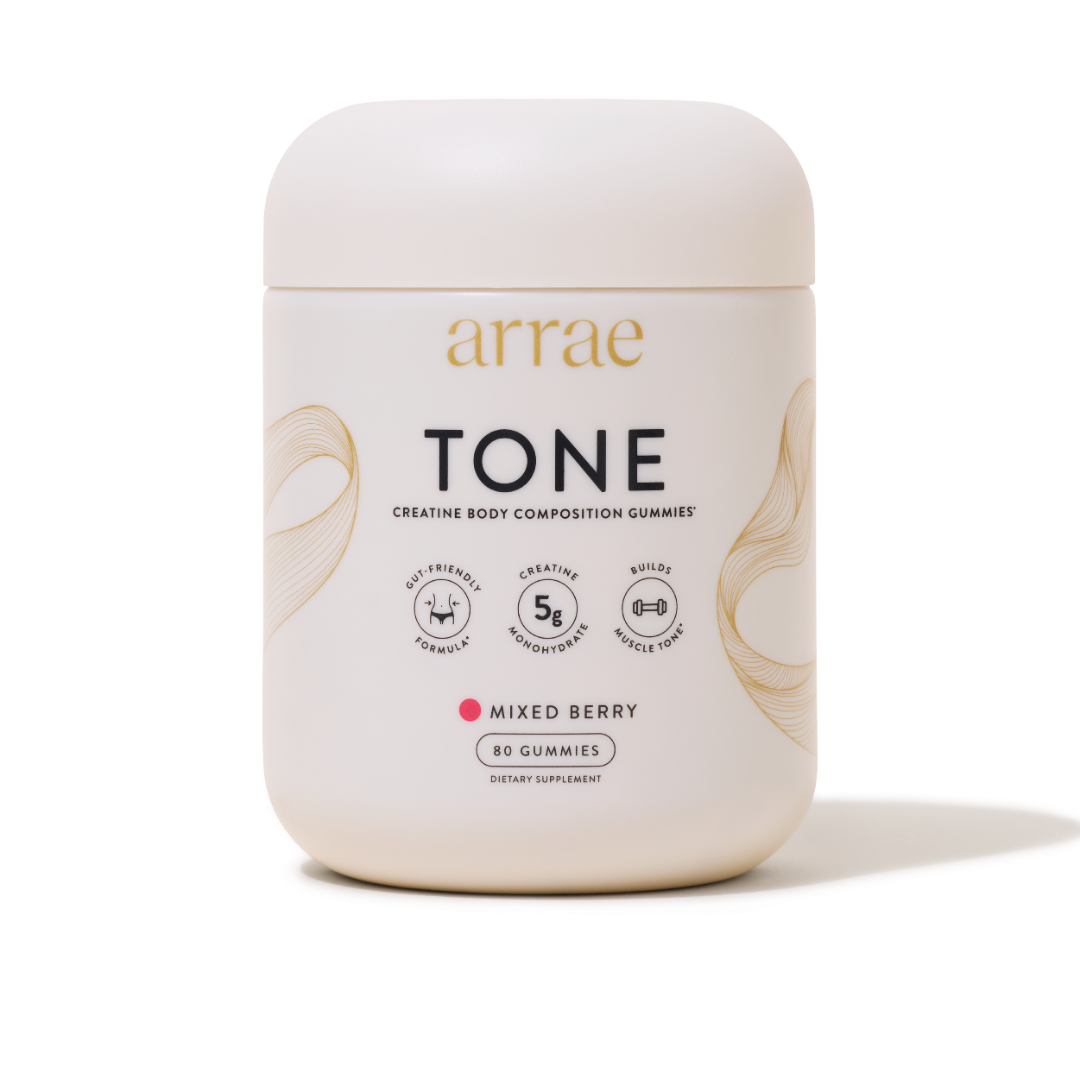
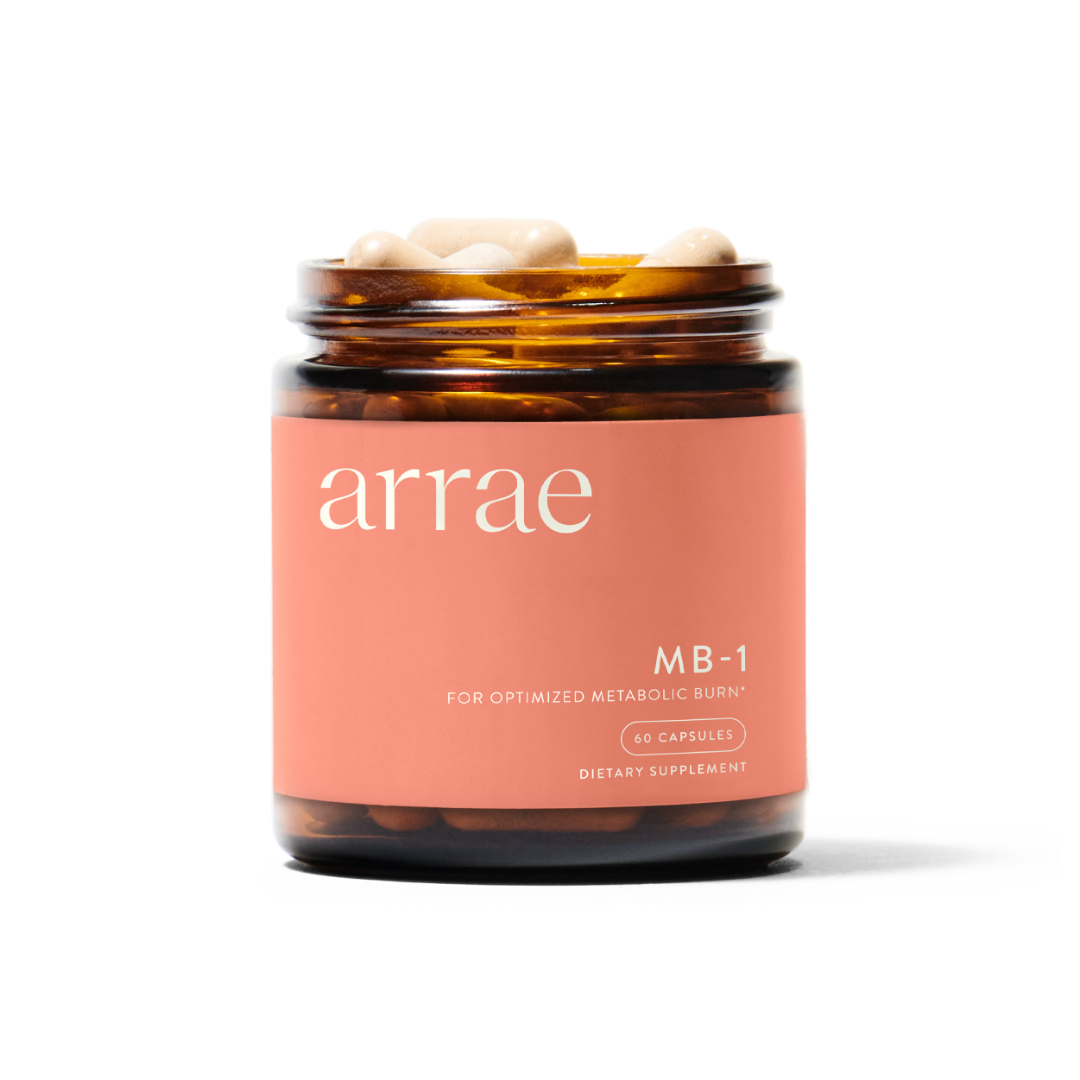

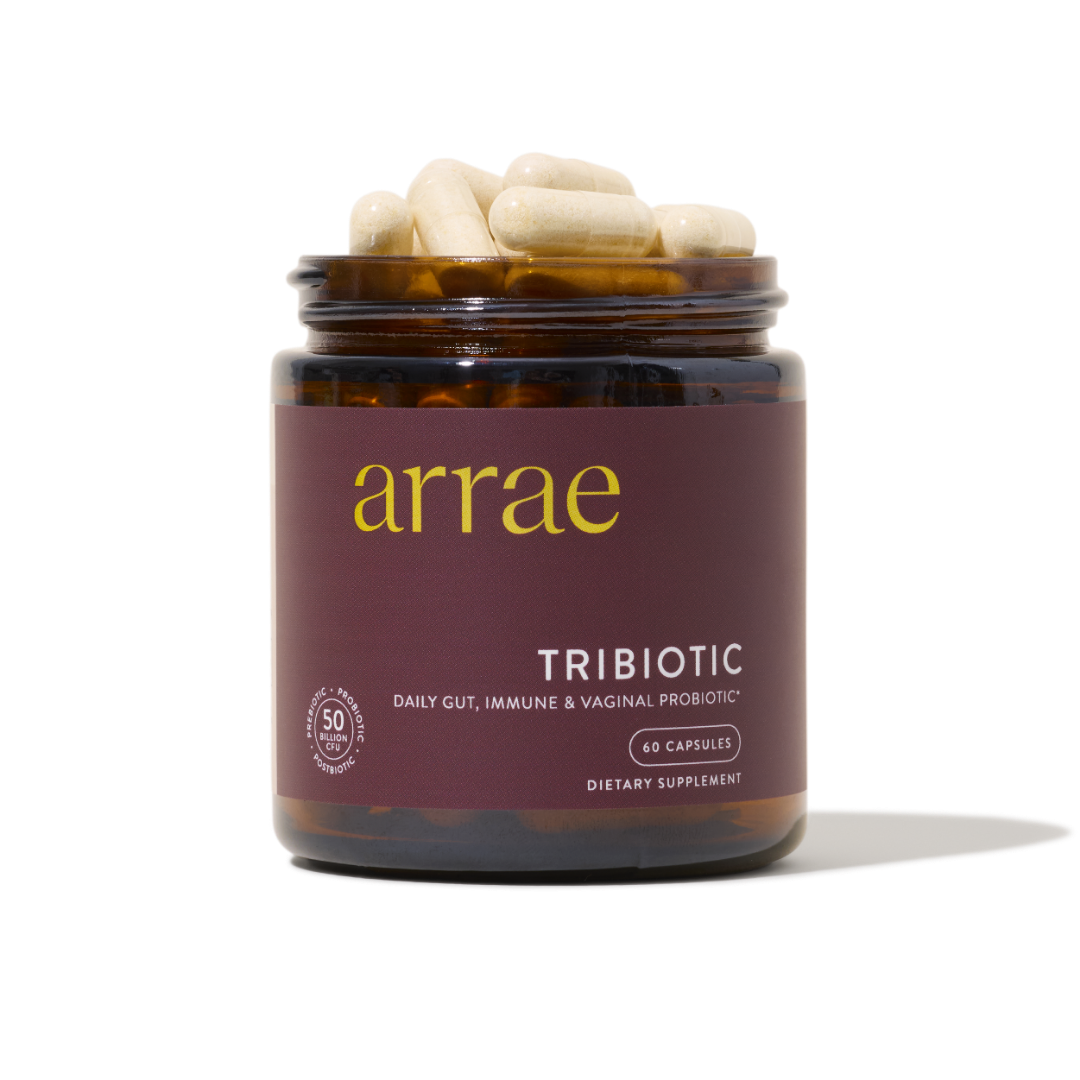


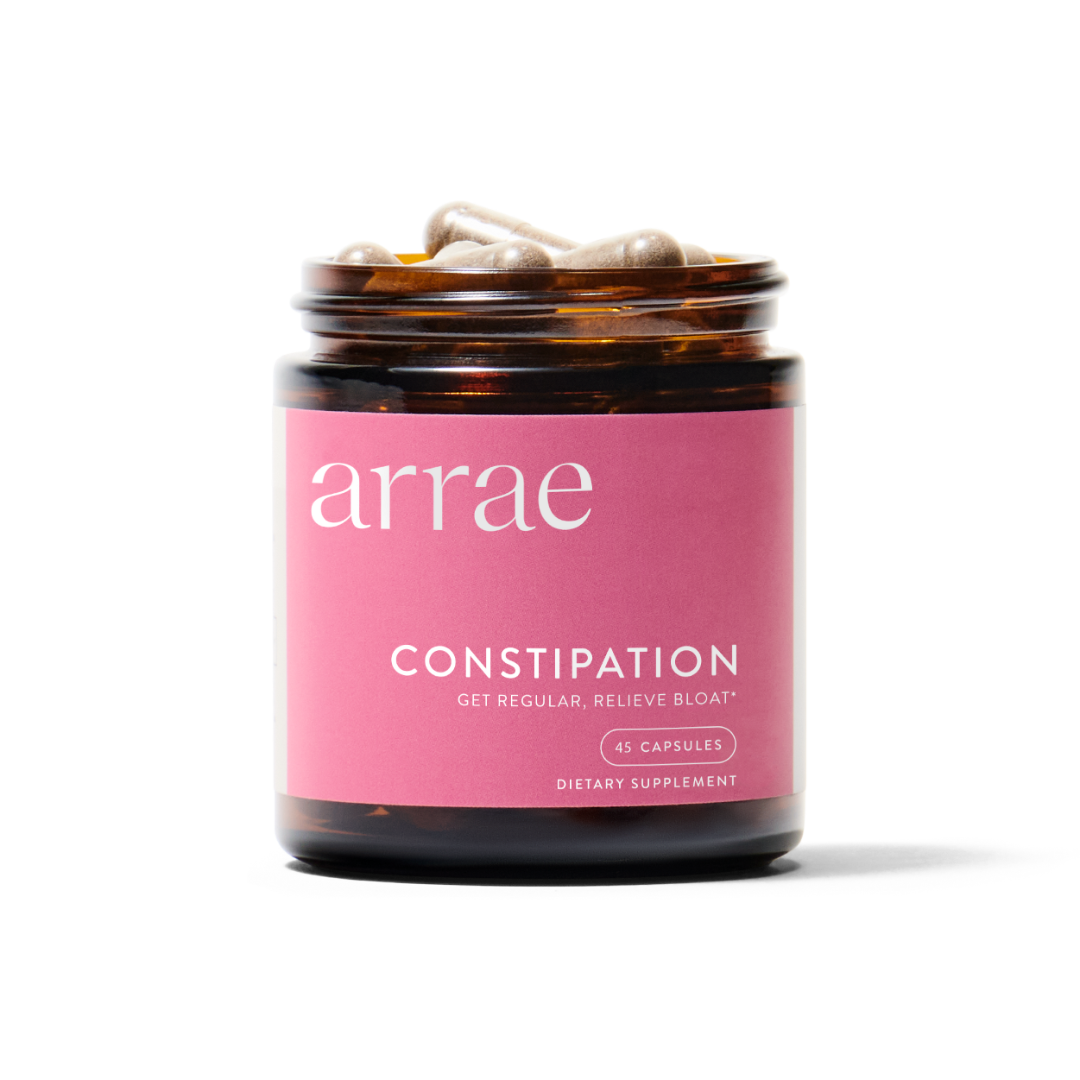
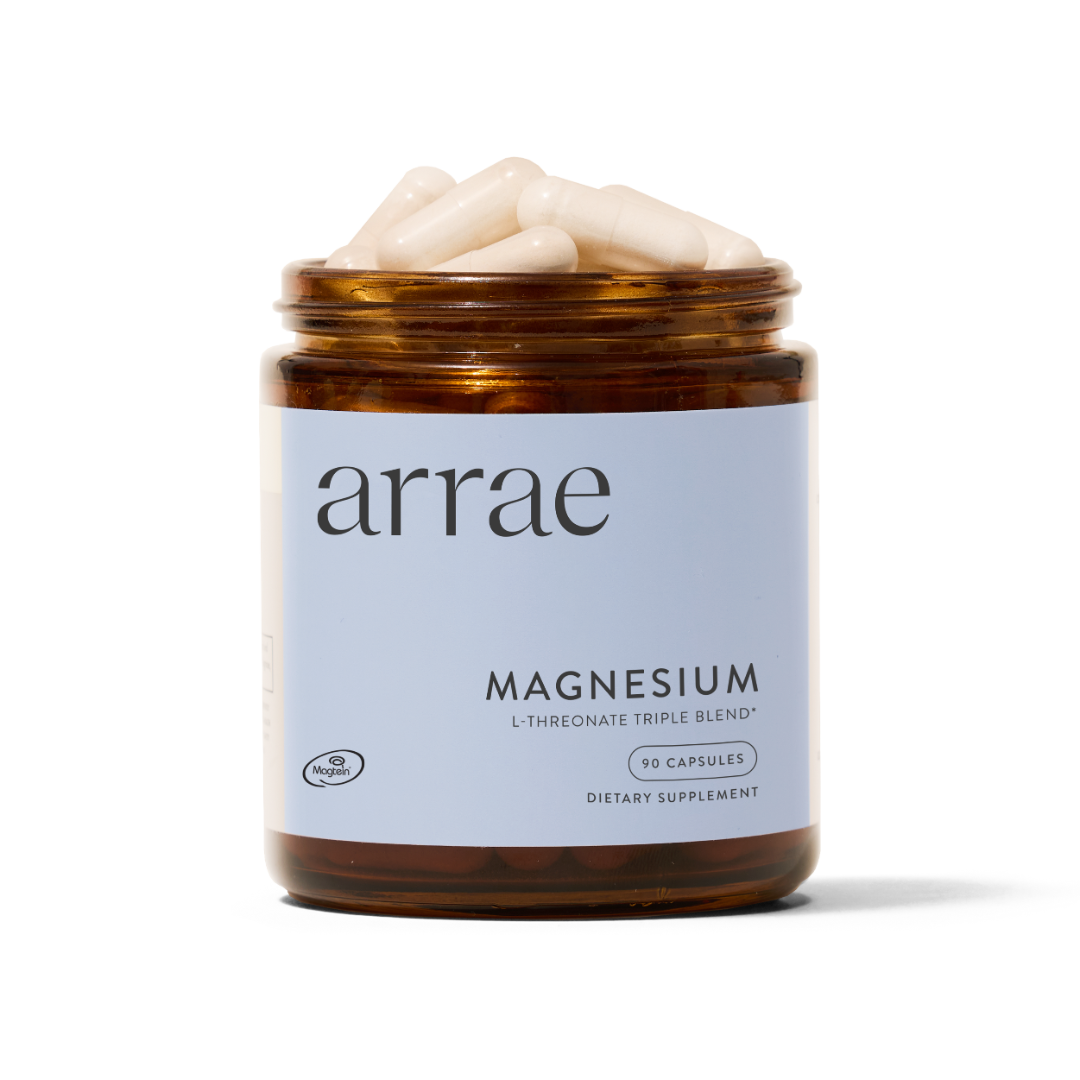




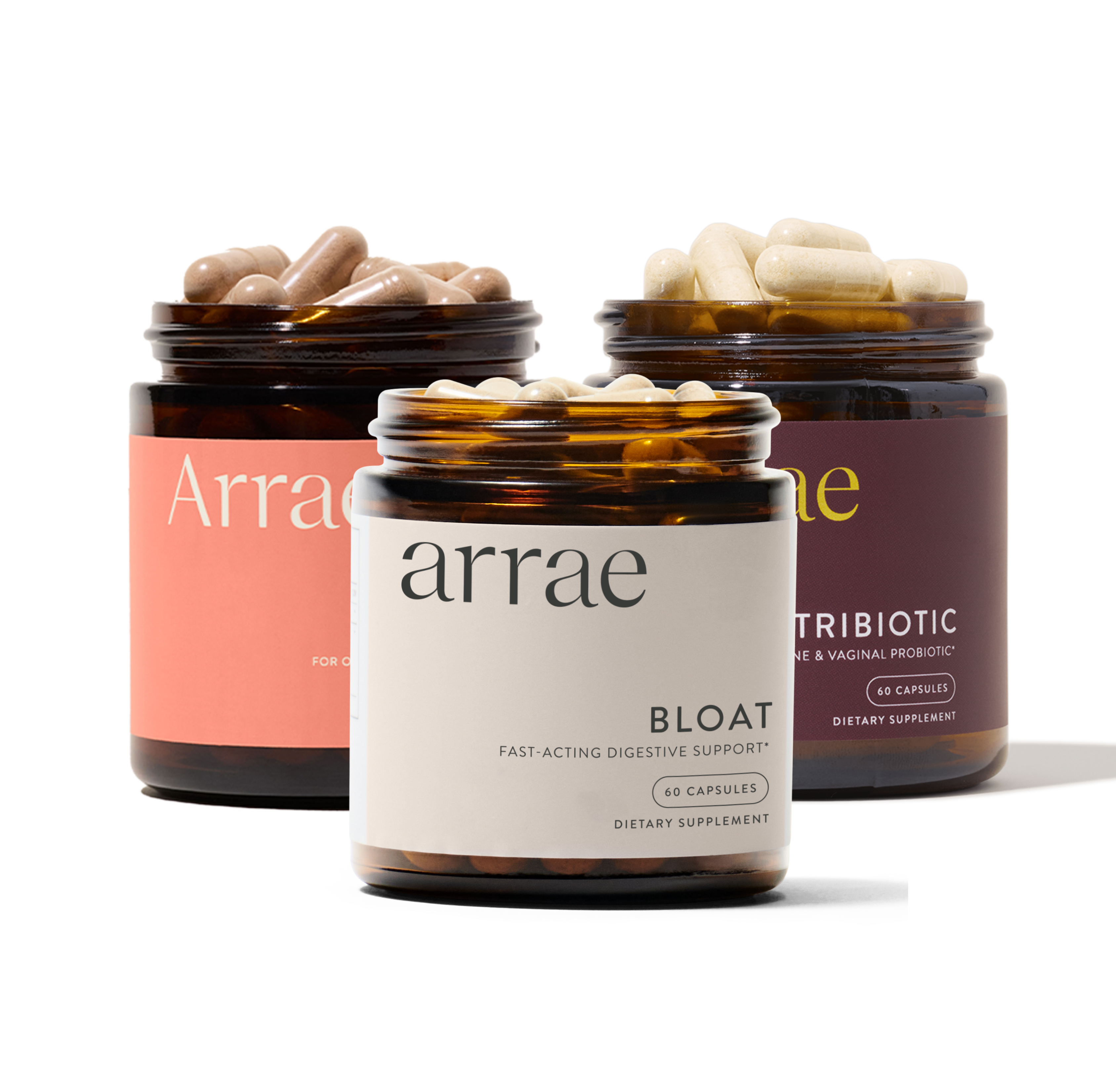
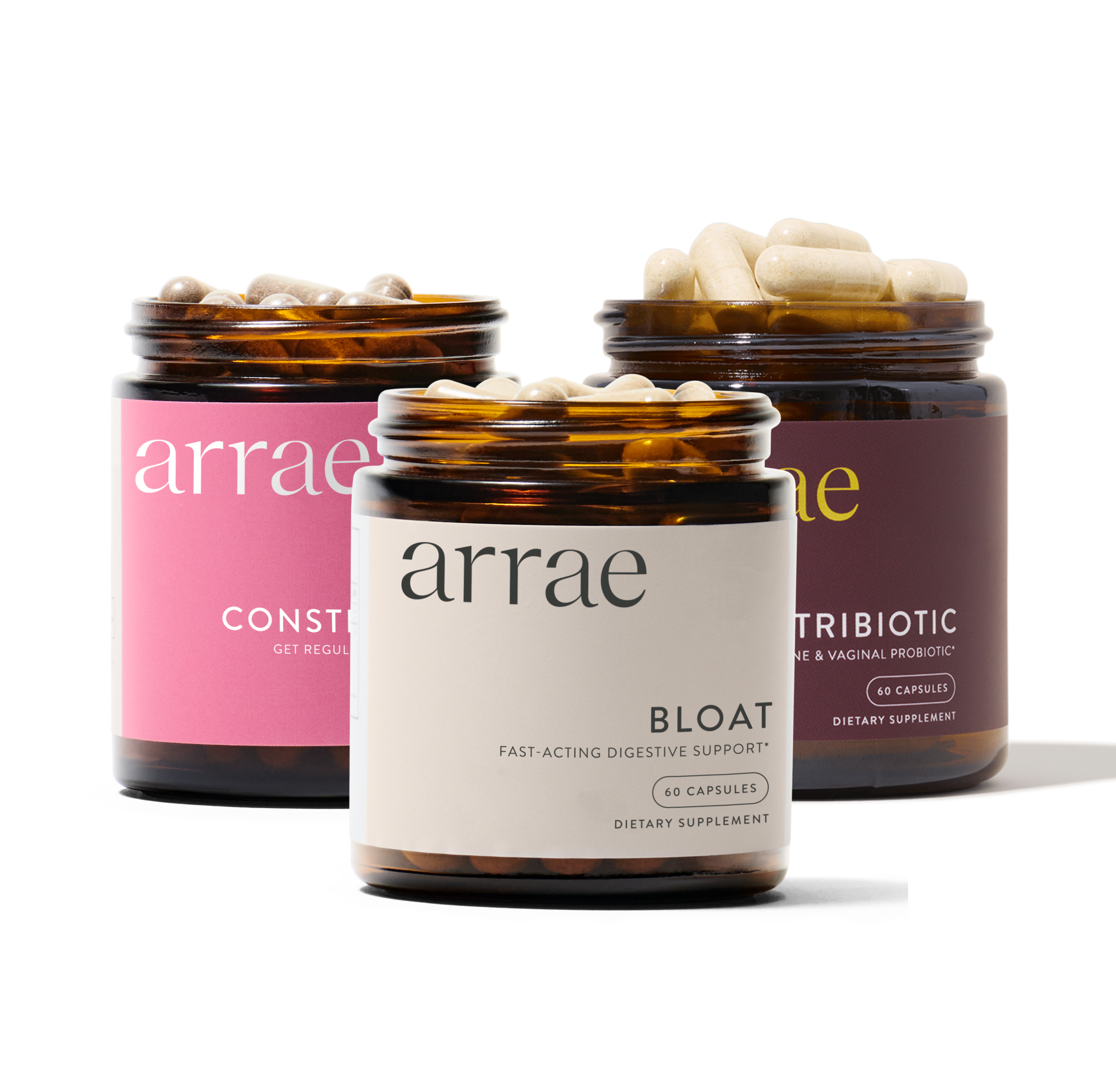









 Instagram
Instagram TikTok
TikTok Youtube
Youtube Facebook
Facebook Email
Email